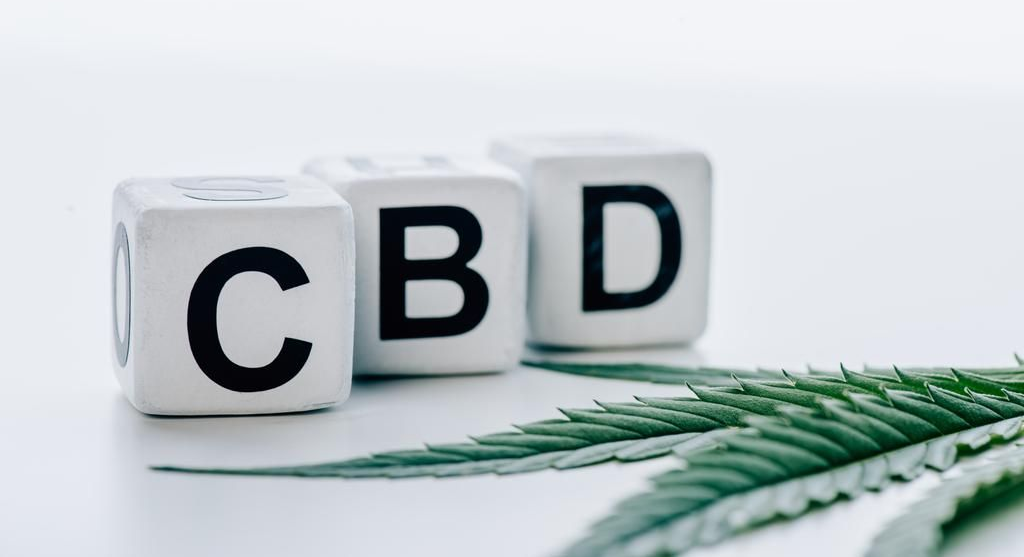Cannabidiol (CBD) has shown promising results in supporting dental stem cell regeneration and combating inflammation, according to a study by researchers from Chulalongkorn University in Thailand and the University of Hong Kong.

The study, published in the International Endodontic Journal, investigated how CBD impacts human dental pulp stem cells (hDPSCs) under both normal and inflamed conditions.
The researchers aimed to explore CBD’s effects on cell proliferation, apoptosis, migration, and odonto/osteogenic differentiation. Using hDPSCs harvested from dental pulp tissue, the cells were exposed to varying concentrations of CBD, ranging from 1.25 to 50 μg/mL, in both standard conditions and inflammatory environments induced by P. gingivalis lipopolysaccharide (LPS).
The findings revealed that CBD, at an optimal concentration of 1.25 μg/mL, counteracted the harmful effects of inflammation. While CBD had minimal effects on hDPSCs in normal conditions, it significantly enhanced cell proliferation and restored the differentiation potential of the stem cells in LPS-induced inflammatory conditions.
Proteomic analysis identified increased expression of proteins linked to cell proliferation and differentiation, such as CCL8, CDC42, and KFL5, following CBD treatment. Additionally, RNA sequencing highlighted the activation of the Notch signaling pathway, a mechanism that was confirmed through experiments using the Notch inhibitor DAPT.
The study concludes by stating:
CBD recovers the proliferation and survival of hDPSCs following exposure to LPS. Additionally, we report that CBD-mediated Notch activation effectively restores the odonto/osteogenic differentiation ability of hDPSCs under inflamed conditions. These results underscore the potential role of CBD as a therapeutic option to enhance dentine regeneration.







